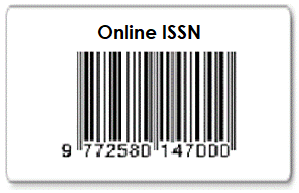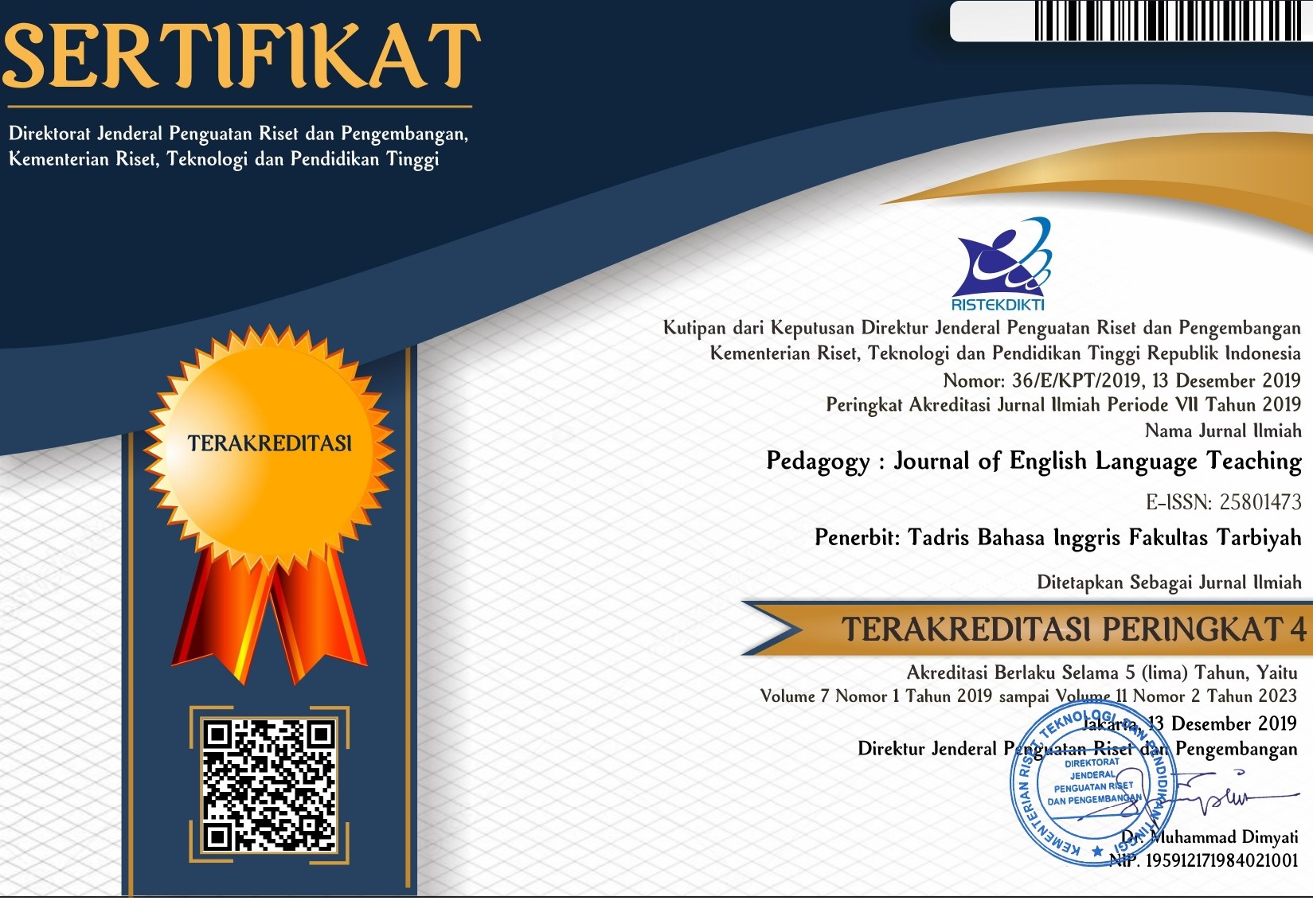Pre-service English Teachers’ Voices Toward The Use of Quizizz in Learning Tourism
DOI:
https://doi.org/10.32332/joelt.v11i2.7629Keywords:
pre-service English teachers, Quizizz, tourism, voicesAbstract
Tourism courses assist pre-service English teachers in developing their English abilities in the appropriate contexts. The pre-service English teachers learn particular terminology and the application of English in the tourism business, such as identifying tourist sights and culture and communicating with international guests. Quizizz is one of the exciting learning evaluation media which is commonly used in a learning process. This study aims to explore the pre-service English teachers’ voices toward the use of Quizizz in learning Tourism. In collecting the data, the researchers used a questionnaire. The questionnaire was adopted from the previous study, which was conducted by Basuki (2019). The participants were 30 pre-service English teachers of an Islamic state university in Central Java, Indonesia. Based on the analyzed data, it was found that the pre-service English teachers who participated in this study favoured incorporating Quizizz as a website and app into their tourism studies. Furthermore, most of them agreed to use Quizizz in their future lectures
















